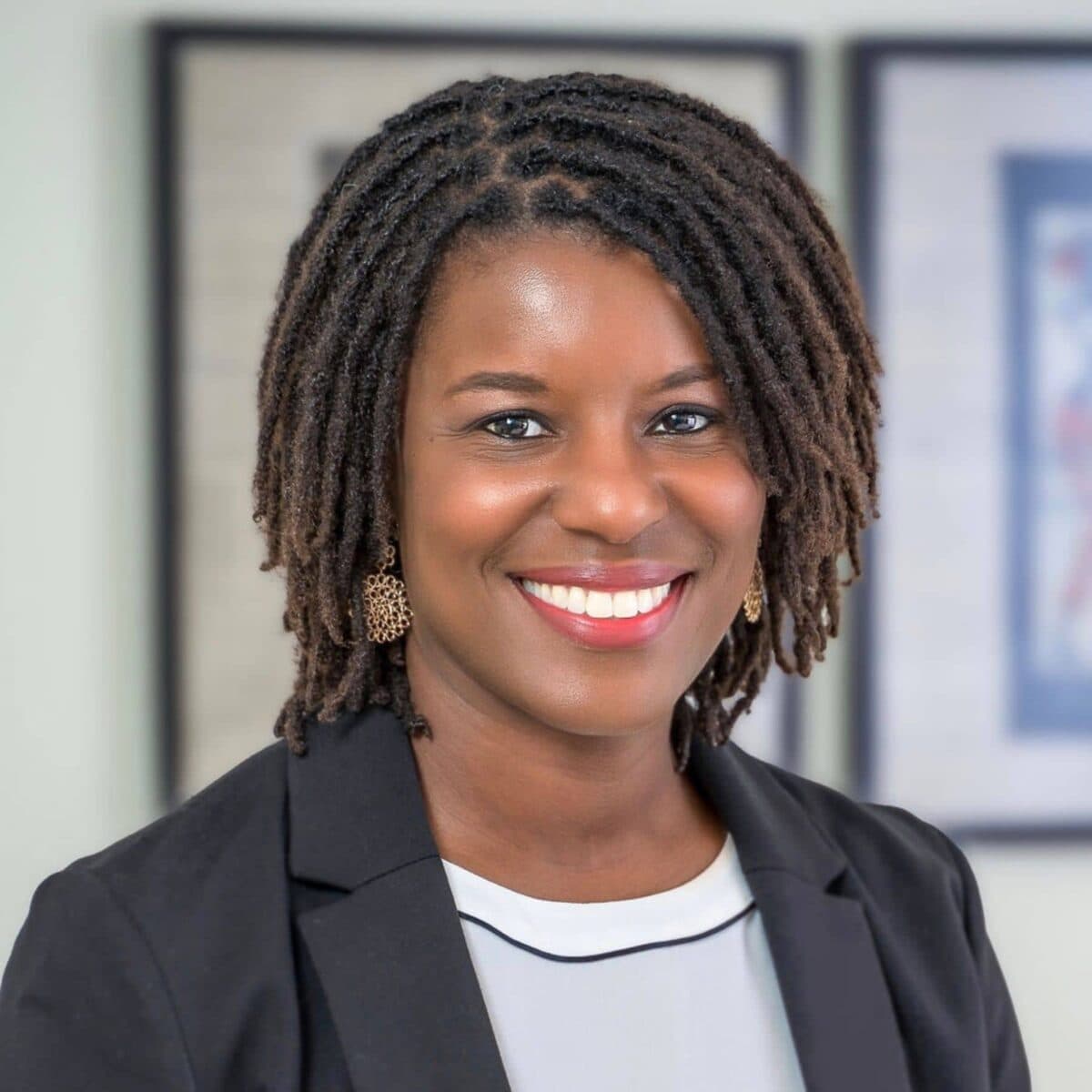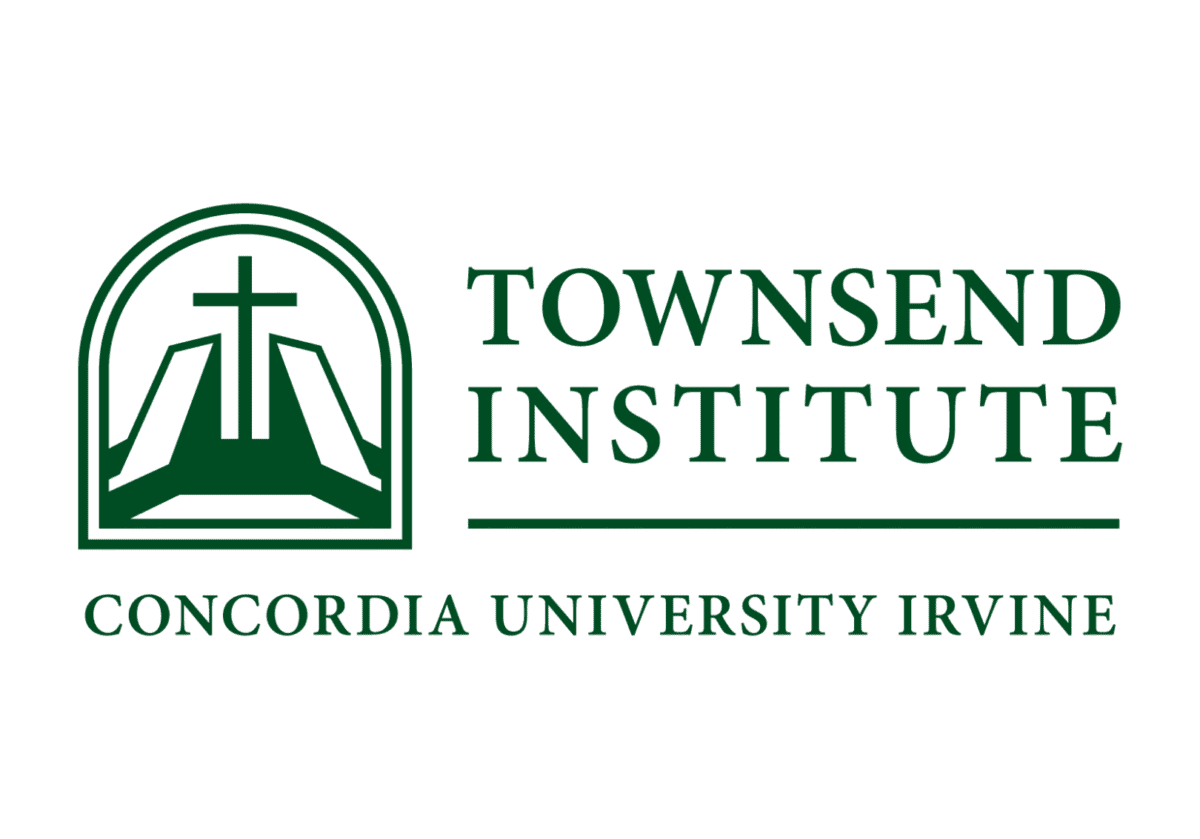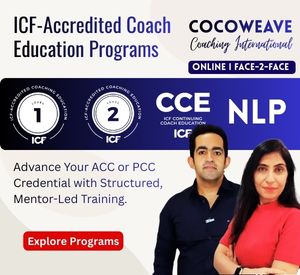Setting the Foundation
When you’re learning about the field of coaching while simultaneously building a coaching practice, the advice comes at you from all angles. “Grow your network!” some insist. “Build your following!” “Get visible!” “Focus on your target audience!” And yes, client acquisition matters. But somewhere in all that urgency to build a business, my hope is that new coaches don’t miss something I think is crucial: making authentic connections with other coaches. Your coaching colleagues are a big part of what you need to thrive.
I started my coach education with the expectation that I would learn with a group of individuals there for training. Everyone would develop their coaching skills and walk away to apply what they learned at their jobs or in their new ventures. What I discovered instead was something far richer; I was surrounded by people who were genuinely interested in growing together and building relationships that would last well beyond the completion of our program.
From the time I started my coaching journey, I recognized that by shifting careers and becoming an entrepreneur, I was entering into a world full of unknowns, but also a space with incredible opportunities. My peers and I were trying to build something new and were eager to learn how to create thriving coaching practices that would deliver on the fulfillment we longed for.
Here is what I found: there was not one piece of advice that we could all apply identically to our unique visions for our coaching practices. The guidance of our training was valuable, but we needed time and space outside of class to process and synthesize the information we learned. I quickly learned that I needed to be in community with both experienced coaches and those who were right there at the starting line with me. I needed both wisdom and shared curiosity — the proven strategies and the new and innovative approaches.
The Power of Community
What made all the difference was having an instructor/mentor who didn’t just teach and then let us figure things out. My mentor coach made herself available and invested deeply in each person. We have maintained that relationship as colleagues and people who mention one another’s names in rooms where the other is not present. It is a relationship of respect and admiration. She modeled what an authentic coach-to-coach connection looks like. I can only hope that my students regard me similarly.
Having experienced coaches in my network provided support in strengthening my practice with ideas and resources. They modeled the coaching competencies in action and provided the kind of encouragement that only comes from someone who’s been there. They consistently challenged me to stretch beyond my comfort zone and encouraged me to expand.
Connecting with peers who were also at the starting line, however, was a gift in a different package! They became my accountability partners as we each worked to launch our businesses. They were fellow learners and practice partners, always ready to explore and experiment. My peers had the time and fresh curiosity to wrestle with big questions and off-the-cuff ideas with me. We found time to both collaborate and connect. We shared feedback on ideas, dove deep into coaching topics, and coached one another through times of uncertainty. Most importantly, we celebrated our incremental wins together.
The full circle moment came when one of my classmates recruited me to join her as an adjunct professor at the Townsend Institute to partner in the honorable work of developing new coaches. To be seen so clearly and to be trusted with shaping other coaches was both an honor and a testament to the ripple effect of authentic coach-to-coach connections.
In my opinion, if you are a coach who focuses exclusively on attracting clients and the work, you may be missing out on a beautiful opportunity to flourish. The coaching community is filled with some of the most fascinating and thoughtful people you will ever meet. Slowing down and taking the time to genuinely know other coaches has enriched my practice, offered new friendships, kept me learning and growing, given me opportunities to invest in others beyond my clients, and helped me combat the loneliness that comes with entrepreneurship.
An Open Invitation
I invite you to slow down and embrace the relational benefits of the profession you have chosen. Get to know other coaches for who they are. This is not a traditional corporate environment where people lead with “I don’t go to work to make friends.” It is perfectly OK to go to work and discover genuine friendships and partnerships along the way.
Simple Ways to Stay Connected
Some approaches that have served me well:
- Share LinkedIn information or exchange information without the hard sell.
- Schedule informal coffee chats to learn about someone both as a coach and a human.
- Attend trainings with other coaches and commit to staying connected with at least two classmates after the training ends.
- Offer yourself up to connect with new coaches or coaches in training.
- Join your local ICF chapter and attend meetings.
- Consider hosting virtual or in-person gatherings for other coaches in your niche or those you naturally connect with.
While everyone connects in different ways, the key is finding your own authentic approach to building and sustaining these enriching relationships.
We need each other at every stage of our journeys. Most of us thrive in community, with genuine opportunities to both share and receive in relationships that extend beyond business cards and LinkedIn profiles.
The goal is not to just grow your network. Hopefully, the goal is to build a richer community.
Disclaimer
The views and opinions expressed in guest posts featured on this blog are those of the author and do not necessarily reflect the opinions and views of the International Coach Federation (ICF). The publication of a guest post on the ICF Blog does not equate to an ICF endorsement or guarantee of the products or services provided by the author.
Additionally, for the purpose of full disclosure and as a disclaimer of liability, this content was possibly generated using the assistance of an AI program. Its contents, either in whole or in part, have been reviewed and revised by a human. Nevertheless, the reader/user is responsible for verifying the information presented and should not rely upon this article or post as providing any specific professional advice or counsel. Its contents are provided “as is,” and ICF makes no representations or warranties as to its accuracy or completeness and to the fullest extent permitted by applicable law specifically disclaims any and all liability for any damages or injuries resulting from use of or reliance thereupon.
Authors
Post Type
Blog
Audience Type
Experienced Coaches, External Coaches, Internal Coaches, New Coaches, Professional Coaches
Topic
Business Development
Related Posts
How to Use LinkedIn to Establish Thought Leadership
LinkedIn offers coaches a powerful opportunity to attract new clients, establish thought leadership, and grow…
Personal Branding for Coaching — Amplified by AI
How can you stand out as a coach in a crowded market…
The Executive Coaching Blueprint: Positioning, Pricing, and Performance
Transitioning from corporate to coach can feel like uncharted territory for many…








